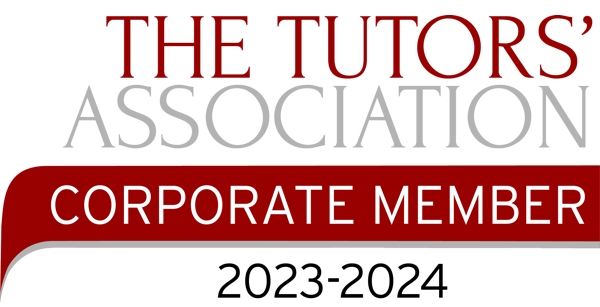I start with a story: Inchkeith Island, in Scotland was the site of one of the most bizarre linguistic and educational experiments in history. According to the historian Robert Lindsay, in 1493 King James VI had a deaf and dumb woman and her two infants transported to the island. He ordered they be kept in solitary confinement and away from all human communication until the normal age of speech. He believed he would discover man’s original language by doing this. He hoped they would automatically begin to speak Aramaic – the language of Jesus. The results are the subject of legend but Sir Walter Scott says the likely outcomes was they only learned to ‘scream like their dumb nurse, or bleat like the goats and the sheep on the island.’
This simple story illustrates a very important point about intelligence and learning – it is difficult to make a clear division between what is innate intelligence (IQ) – what a person’s capacity for intellectual development is, as opposed to acquired intelligence (AQ) – what a person can gain through study and exposure to educational opportunity. In other words a person must learn to read and speak before they can do any form of testing. This is further complicated by the fact that it is difficult to devise tests for the many forms of intelligence, even if there is some agreement about what these might be, and there is no such agreement.
This is why the claims that some 11+ monitoring and evaluation organizations are now making about their tests being ‘prep-proof’ in the widest sense of the word are highly suspect. Educational opportunity, social background, motivation and hard work and thorough preparation will affect the results of any form of testing. Working out how bright or able children are from any battery of tests, no matter how cleverly devised they are, is always flawed. However, once this fact is accepted we can see testing in a more positive and helpful light. A range of verbal, non-verbal, mathematical and literacy-based tests can give some idea of a child’s potential and ability level as long as it is not seen as full proof.

